Click here for the program
Masters of Ceremonies
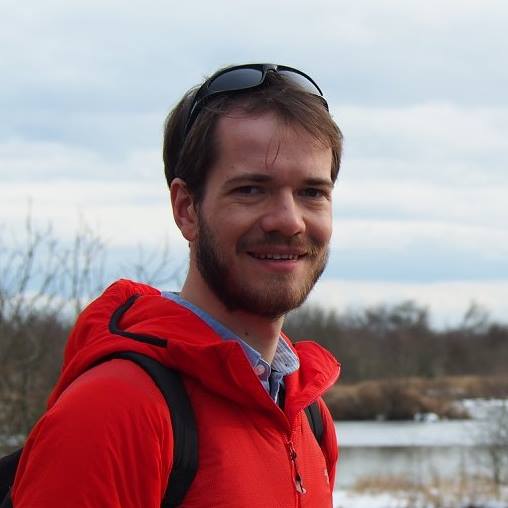
Eric Mackie
Cambridge Zero
University of Cambridge
Dr Erik Mackie – Engagement Manager at Cambridge Zero, University of Cambridge. Erik Mackie is a climate scientist by background, with research interests in climate change, physical oceanography, satellite remote sensing and sea-level rise. He received his BSc in Applied Mathematics from the University of Edinburgh, and completed his PhD joint between the University of Bristol and the British Antarctic Survey, using high-resolution satellite altimetry observations to investigate the circulation of the Southern Ocean and the frontal positions of the Antarctic Circumpolar Current. Subsequently, he completed a postdoctoral position in the Polar Oceans Team at BAS, on a NERC National Productivity Investment Fund Innovation Fellowship. He is an experienced science communicator, and has worked as a Policy Fellow at the Parliamentary Office of Science and Technology in Westminster, where he authored a POSTnote on Rising Sea Levels for the UK Parliament. He now works at Cambridge Zero, the University of Cambridge’s cross-disciplinary climate change initiative, as the Engagement Manager for all research-related activities. His current role involves working with researchers from across a broad range of Cambridge research groups, departments and institutes, to coordinate interdisciplinary research activities, events, and funding proposals related to climate change and net zero.
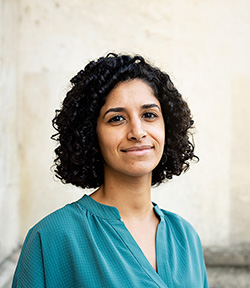
Manar Alsaif
Strategic Partnerships Office
University of Cambridge
Dr Manar Alsaif is the Energy Partnerships Manager at the Strategic Partnerships Office, University of Cambridge. Manar’s role is to manage existing and develop new strategic business partnerships in the energy sector.
Previously, she worked as a geologist at Schlumberger, where her career in the energy sector spanned the full science and technology cycle, from research, to technology to operations and training. Manar holds a PhD in Earth Science and her expertise lies in structural geology and geodynamics.
Speakers
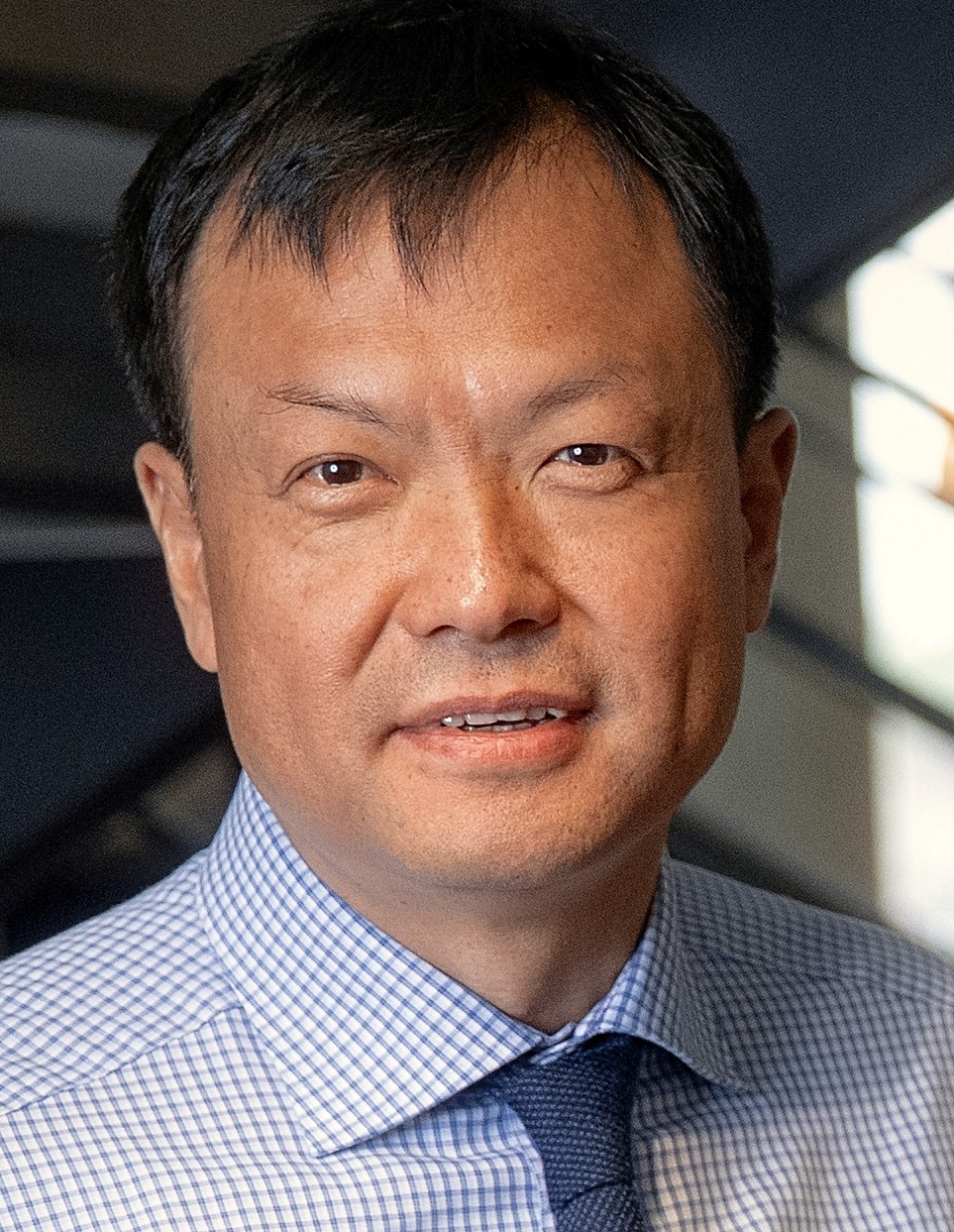
Ying Jin
Professor, Department of Architecture,
University of Cambridge
Ying Jin is Director of the Martin Centre for Architectural and Urban Studies - a research centre that has more than 50 years of track record in interdisciplinary research on buildings, cities and the wider built environment - in the Dept of Architecture of Cambridge University. He leads the theoretical development and practical applications of city-scale computer models at the Martin Centre, and since 2011 he is the lead convenor of the biennial international symposia on applied urban modelling
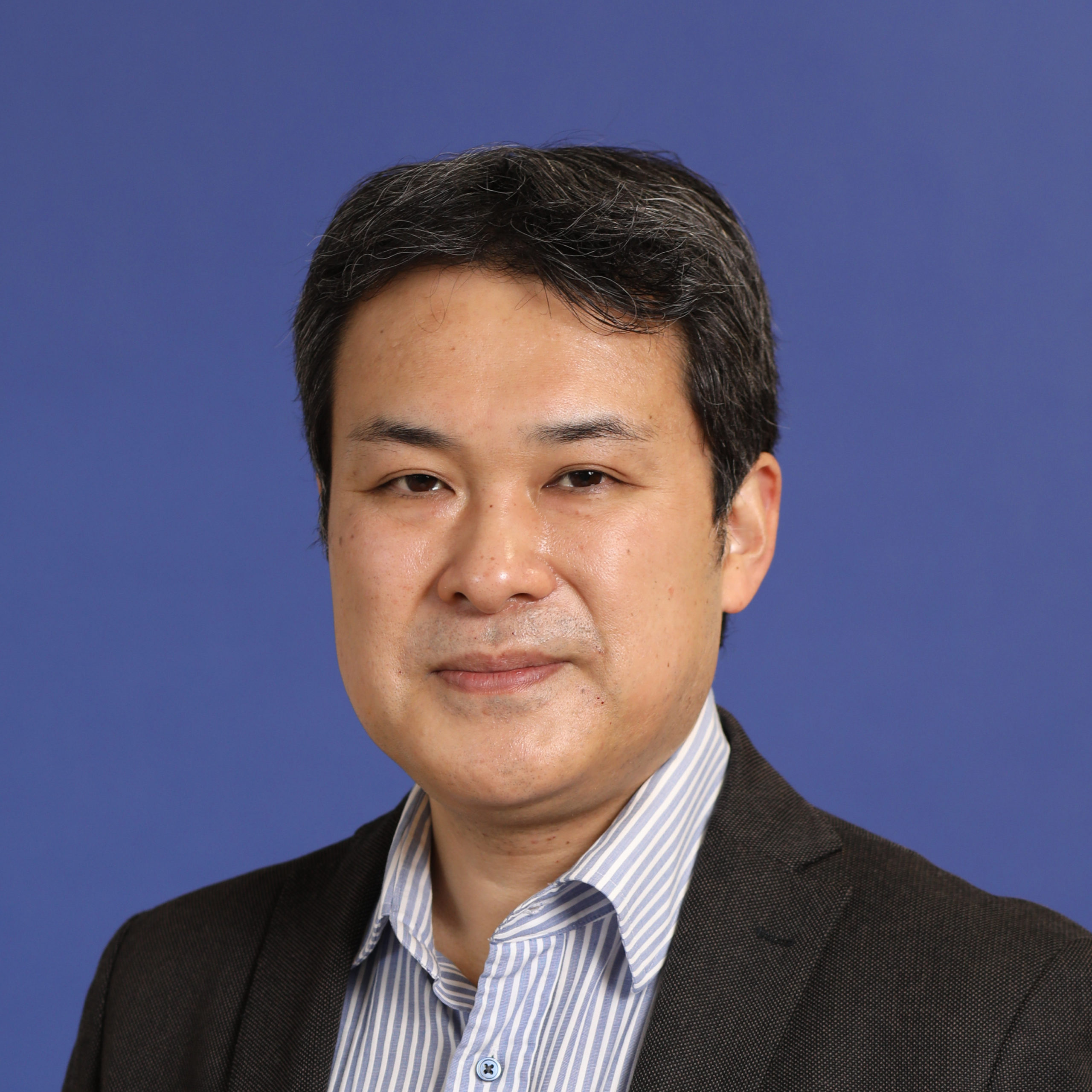
Daisuke Fukuda
Professor, Department of Civil Engineering, Graduate School of Engineering,
The University of Tokyo
Daisuke Fukuda is a professor in transportation studies at the University of Tokyo in the Department of Civil Engineering.
He joined the Department of Civil and Environmental Engineering at Tokyo Institute of Technology (TIT) as a Research Associate in 2001 and was promoted to an Associate Professor in 2005 until 2019. While working at TIT. He has his Ph.D. from the University of Tokyo in 2004. He conducts research in travel behavior analysis and transportation economics.
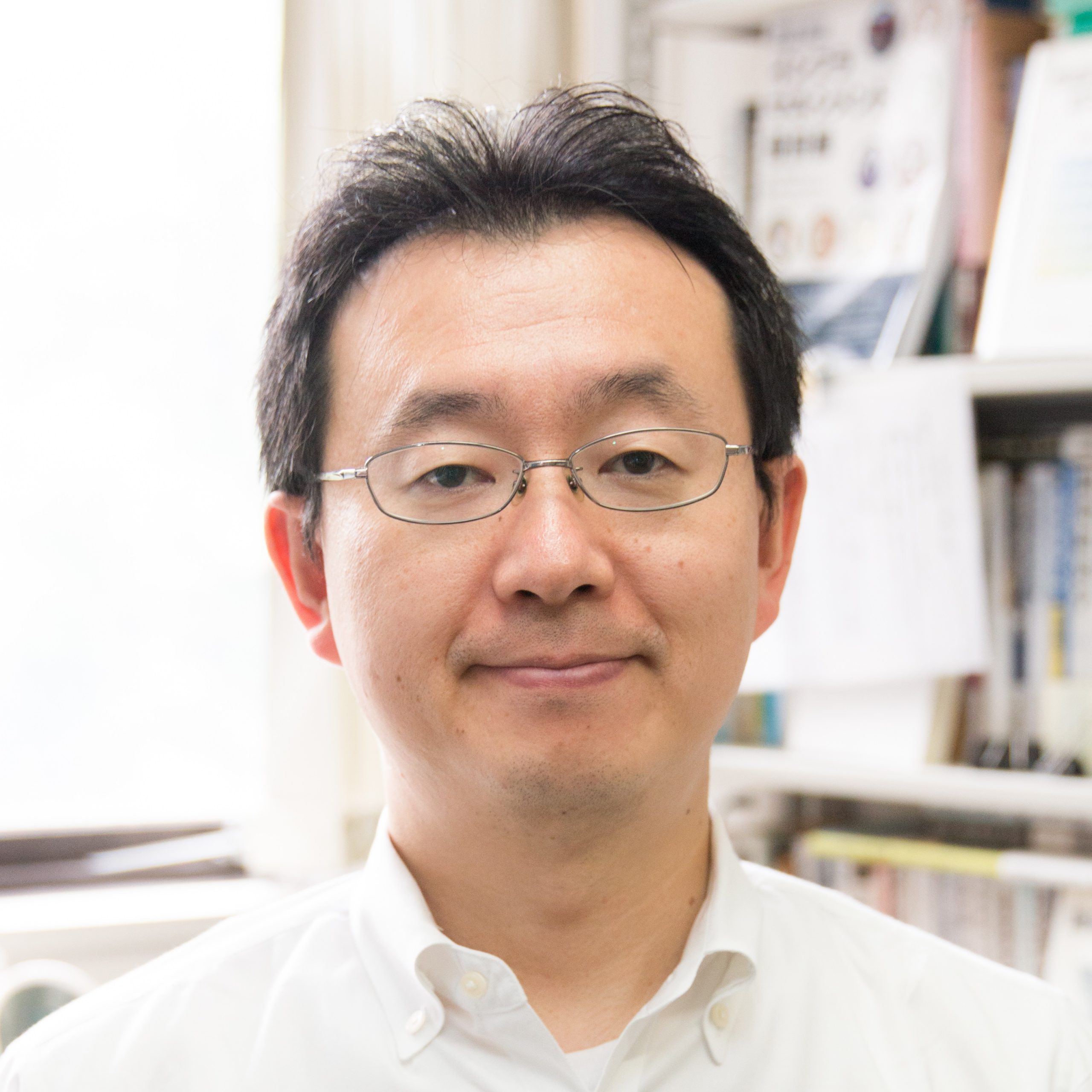
Hironori Kato
Professor, Department of Civil Engineering, Graduate School of Engineering,
The University of Tokyo
Prof. Hironori Kato is a full professor at the Department of Civil Engineering, Graduate School of Engineering, The University of Tokyo since November 2013. He graduated from the Department of Civil Engineering, the University of Tokyo in 1993 and obtained his doctoral degree in 1999 from The University of Tokyo. He has been studying transportation planning and policy since 1995, first as Research Associate at The University of Tokyo, then as Project Manager at the Institute of Transport Policy Studies in Tokyo, and for the last 20 years up at The University of Tokyo. He is also currently serving a co-director of the Program for Master in Infrastructure Engineering, Vietnam Japan University at Hanoi since September 2016. His main research/teaching concerns are transportation planning and policy, transportation economics, transportation finance, and travel behavioral analysis.
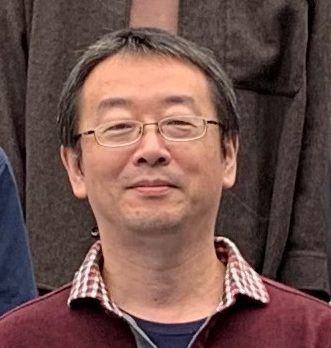
Yasuhiro Sato
Professor, Division of Economics, Graduate School of Economics
The University of Tokyo
Yasuhiro Sato is a professor of Economics at the University of Tokyo. He is currently an associate editor at Regional Science and Urban Economics, and Papers in Regional Science. His field is urban, regional, and spatial economics. Especially he focuses on inter- and intra-national immigration and urbanization issues from the viewpoint of economic theory.
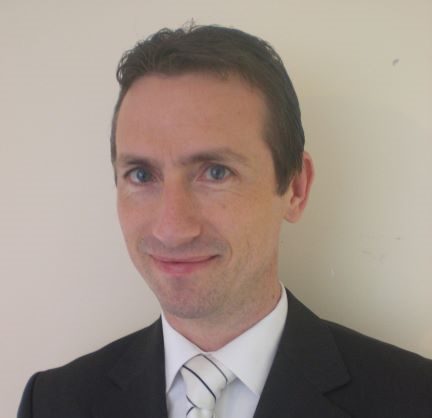
Franz Fuerst
Professor, Real Estate and Urban Economics,
University of Cambridge
Franz Fuerst is Professor of Real Estate and Urban Economics at the University of Cambridge and Trinity Hall. He is the principal author of a number of empirical studies into the economics of green buildings and climate change in property markets. He is also a fellow of the THRIVE Research Hub at the University of Melbourne, Australia. He serves as Co-Editor of Spatial Economic Analysis and has been Principal Investigator in a number of research projects, for example in the EU Horizon 2020 programme. His expertise and research interests are in the areas of financial and economic analysis of sustainable real estate investments, health and well-being in the built environment as well as real estate market forecasting and spatial economics.
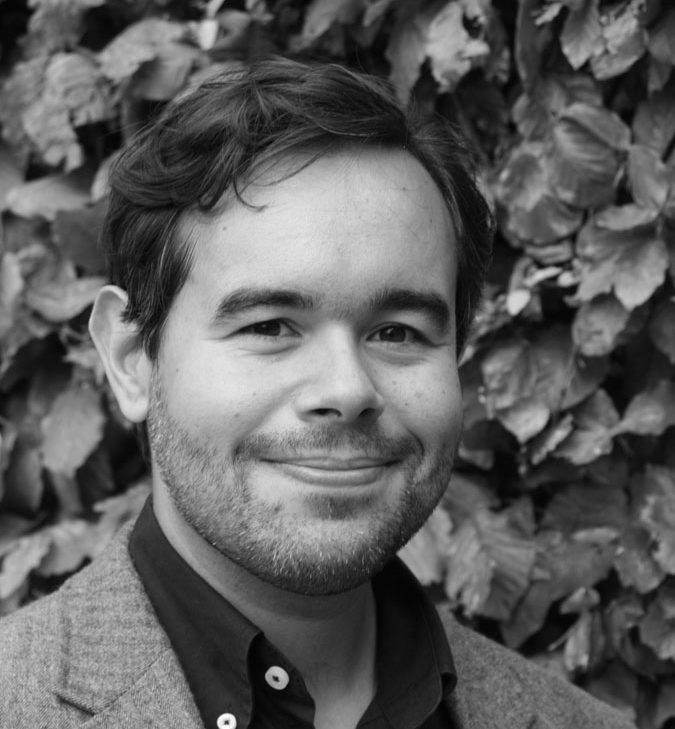
André Cabrera Serrenho
Assistant Professor, Department of Engineering,
University of Cambridge
Dr André Cabrera Serrenho is an Assistant Professor in Engineering, Environment and Sustainable Development at the University of Cambridge. He is exploring new ways of reducing greenhouse gas emissions at a faster pace to meet international climate pledges. This involves identifying new configurations of energy and material systems to supply our future needs with less demand and emissions.
André has been working on the identification of feasible opportunities to deliver our future needs for transport and buildings without emissions. He has recently developed dynamic material flow analyses to anticipate the future demand, use and disposal of cars, buildings, plastics and steel in the UK. These models quantify the trade-offs and emissions reduction potential of alternative interventions over time.
Prior to this post, André worked as a Senior Research Associate in the University of Cambridge. He holds a PhD and MSc in Engineering from the University of Lisbon in Portugal.
